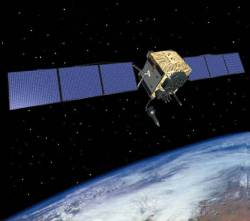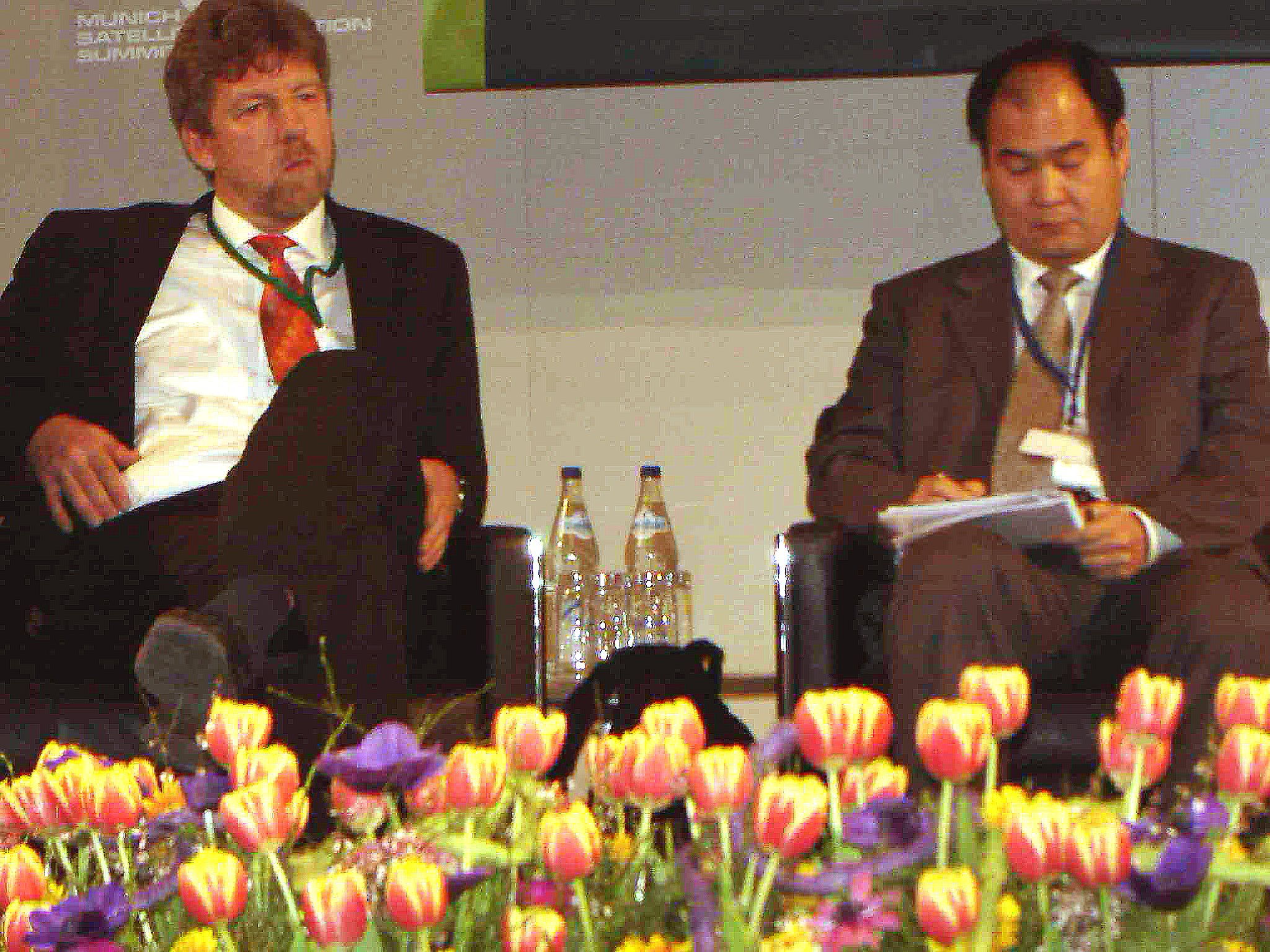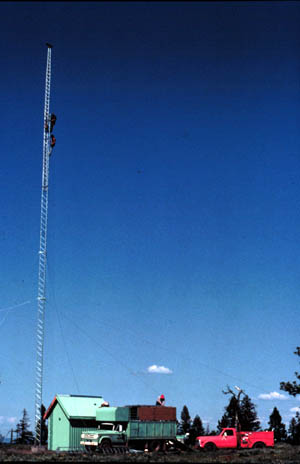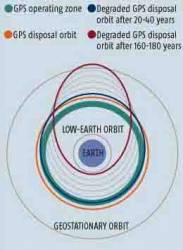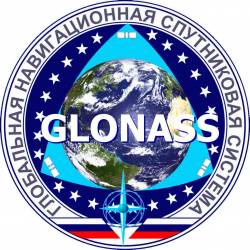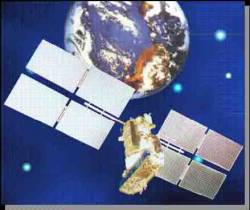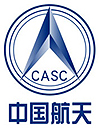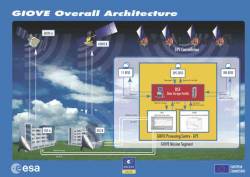January 9, 2009
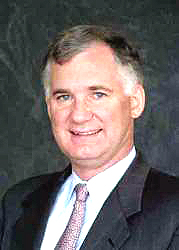 William J. Lynn III
William J. Lynn III
(Updated Jan.26) President Barack Obama’s nomination of William J. Lynn III, a senior vice-president at Raytheon Corporation, for deputy secretary of defense and his granting Lynn a waiver from the new administration’s own rules on former lobbyists has provoked considerable criticism from some quarters.
As the number two official in the Department of Defense (DoD), Lynn would report directly to Robert Gates, the current secretary of defense who has continued in that position in the new administration, the only holdover from ex-President Bush’s cabinet. Gates has come out strongly in support of Lynn, saying that he requested the waiver from the president.
Among other responsibilities, the deputy secretary serves as the co-chair of
the Space-Based Positioning, Navigation, and Timing (PNT) Executive
Committee (ExCom). Lynn would succeed Gordon England, who has paid a lot of attention to GPS during his term in office and enhanced the role of the PNT ExCom as an arbiter and advocate for the GPS program throughout the federal government.
Read More >
By Glen Gibbons




